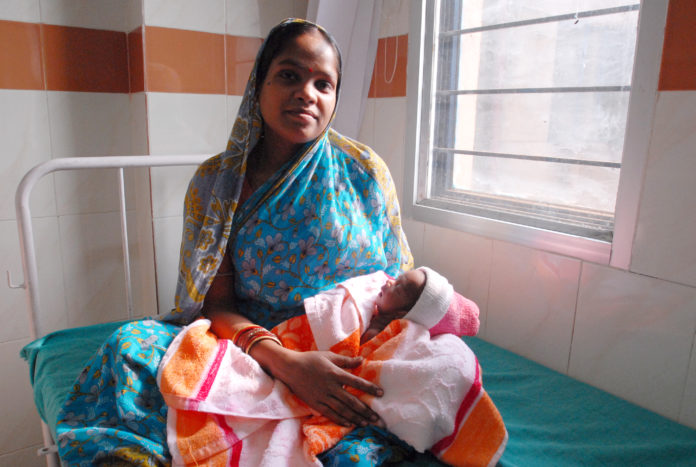Universal health coverage or UHC is WHO’s number one goal globally; the theme of the World Health Day this time is ‘Health for All: Everyone, Everywhere’
The World Health Organization today said quality healthcare services for people at the community level across all age groups, wherever they live and whenever they need them, without financial hardship, is fundamental to advancing universal health coverage. UHC is key to achieving health and well-being of everyone, everywhere.
“A well-functioning primary care system that meets most of a person’s health needs, throughout the life course, is central to universal health coverage,” said Dr Poonam Khetrapal Singh, Regional Director, WHO South-East Asia, on World Health Day, celebrated every year on 7 April. The theme of the day this year is Universal Health Coverage, ‘Health for All: Everyone, Everywhere’.
Universal health coverage or UHC is WHO’s number one goal globally. In the WHO South-East Asia Region, UHC has been a flagship priority program since 2014. The Region has seen encouraging progress, with essential health service coverage improving in all countries, along with the availability of doctors, nurses and midwives. There is also growing inter-country collaboration to improve access to quality medicines through the South-East Asia Regulatory Network.
“As a large share of outpatient care is delivered by private providers and financed by out-of-pocket payment, we need new approaches to address the double challenge of protecting people from financial exploitation and poor-quality care, while harnessing the private sector’s extensive assets”
However, more needs to be done as, despite progress, around 800 million people still lack full coverage of essential health services and at least 65 million people are pushed into poverty because of health spending, most of which goes on medicines, Dr Khetrapal Singh said.
Identifying opportunities and areas where efforts are needed to advance UHC, the Regional Director said frontline services must adapt to emerging challenges – such as for continuing care for increasing numbers of people with noncommunicable diseases and health issues associated with ageing. Primary care services should lead in preventing and treating disease.
Frontline and hospital services should work together, to increase the use of primary care and decrease over-crowding in hospitals.
“As a large share of outpatient care is delivered by private providers and financed by out-of-pocket payment, we need new approaches to address the double challenge of protecting people from financial exploitation and poor-quality care, while harnessing the private sector’s extensive assets,” the Regional Director said.
Community and local government representatives are key allies in building healthy communities. Digital technologies could be better leveraged to empower people and communities to look after their own health.
In October 2018, at the Global Conference on Primary Health Care in Astana, countries from across the world agreed that providing quality primary health care was fundamental to advancing UHC. In September 2019, the UN General Assembly will hold a high-level meeting on UHC, where delivering more equitable access to primary health care will be core to the discussion to achieve ‘Health for All: everyone, everywhere’.
“Now more than ever, the Region can harness the momentum from these global processes and drive real impact where it matters most: in countries, and at the grassroots. Doing so is crucial to achieving health and well-being for all, at all ages,” the Regional Director said.


